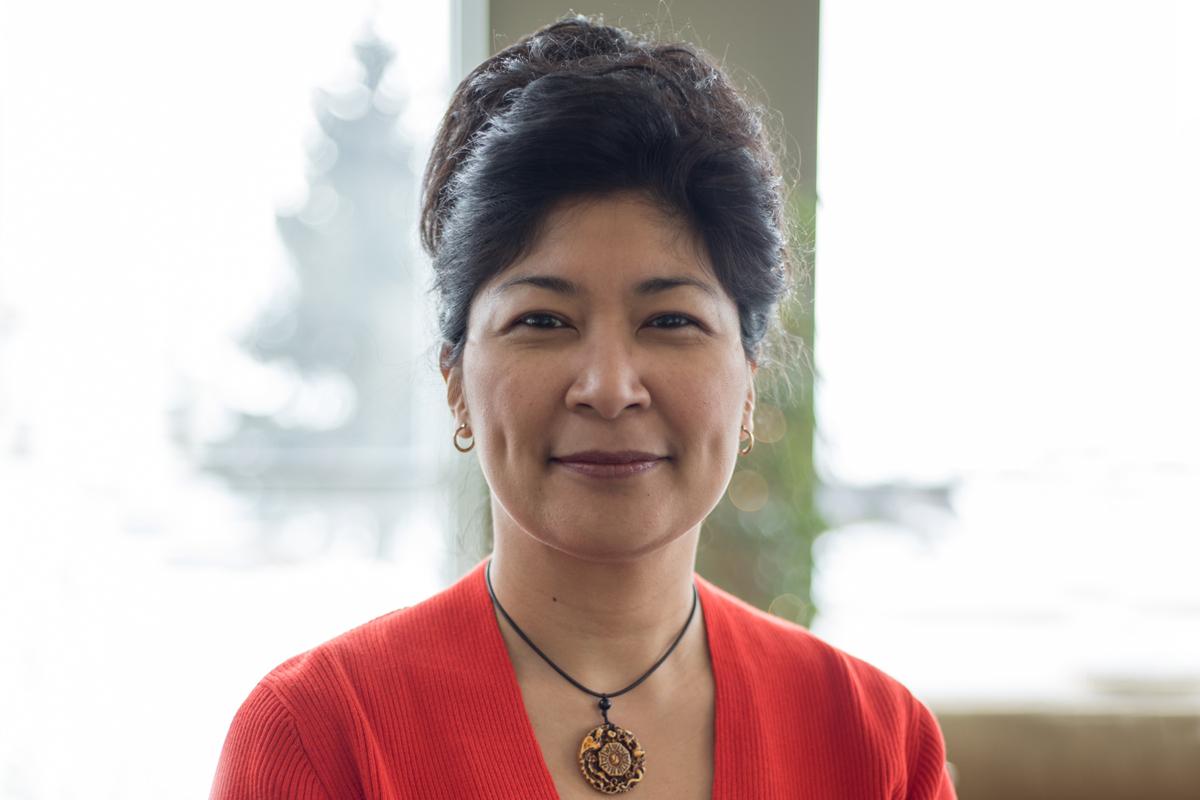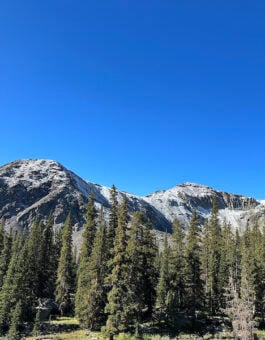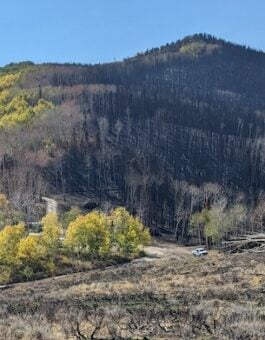Dr. Luna’s Socratic Style of Teaching
English professor Alina Luna, PhD., credits finding herself at Western Colorado University to a healthy dose of luck.
“I had never thought about Colorado. I got an interview and came out to the campus and was just blown away,” she says, smiling from her cozy, book-lined office in Taylor Hall. “I have to admit, you land in Gunnison and you have the mountains right away and it was just awe-inspiring.”
While the mountains might have inspired her to make the move from the East Coast in 2005, the students she’s encountered in her classroom have kept her here.
“I love the students,” she said. “They are consistently inquisitive, engaged and fun to tackle really deep questions with. In the humanities, we try to figure out what it does mean to be human. We think about the human condition. You have to be particularly engaged in order to take on questions like, ‘What does it mean to love someone?’ ‘What does it mean to feel envy?’ ‘What does that imply?’”
Luna dives into these larger explorations of the human condition by encouraging students to have thoughtful discussions about complex issues. Her Socratic style of teaching creates an environment where students are encouraged to take the lead.
“Our discussions have been very oriented toward the class and them bringing up what they want to talk about and by pursuing those lines to kind of complicate all of them,” she said.
For Luna, complicating the narrative with those big questions is just one way to help students grow.
“It gives them an opportunity to … throw some ideas out and to take chances with those ideas. It’s important that you know how to articulate what it is you want to say. In doing that, you … build a lot of confidence. It also helps with interpersonal skills. I kind of sneak all of those things in there so that they don’t necessarily realize how much they’re accomplishing by just taking a chance with an idea.”
When students throw out those big ideas, she wants them to know she has their back as they take a big academic leap.
“The community is a very intimate one. It is very supportive. The students are just fantastic in their quirkiness. They are ready to go for anything—I think that’s part of the adventure lifestyle. The fact that they are willing to go along and play with these ideas and take chances with me in the classroom. There’s nothing better,” she said with a smile.
Finding Her Place in the Gunnison Valley
Unlike so many who flock to the Gunnison Valley for its spectacular recreational opportunities, Luna has found other things to appreciate about Western’s locale.
“I’m not into the outdoors. I don’t do outdoor recreation, really. I will hike every once and a while. I don’t ski,” she said. “But that doesn’t mean you can’t find a place here, and I think that’s really important. The beauty is often just enough.”
Capturing that beauty is something that she does in her free time. As an amateur photographer, her art was featured at a local gallery in February of 2020 and Luna felt the Gunnison love from all sides.
“Something like that is a thing that only happens in a town like this. That opportunity … it’s so humbling and gratifying for me. For somebody to give me a chance like that for a month, that would never happen in another place,” she said.
The uniquely connected community is one if the things that Luna appreciates the most about her Western experience.
“People watch out for each other.” Luna said, speaking about both Western and the Gunnison community. “That’s part of Western’s culture.”
Author Credit: Katie Mikesell
Photo Credit: Carley Clegg


